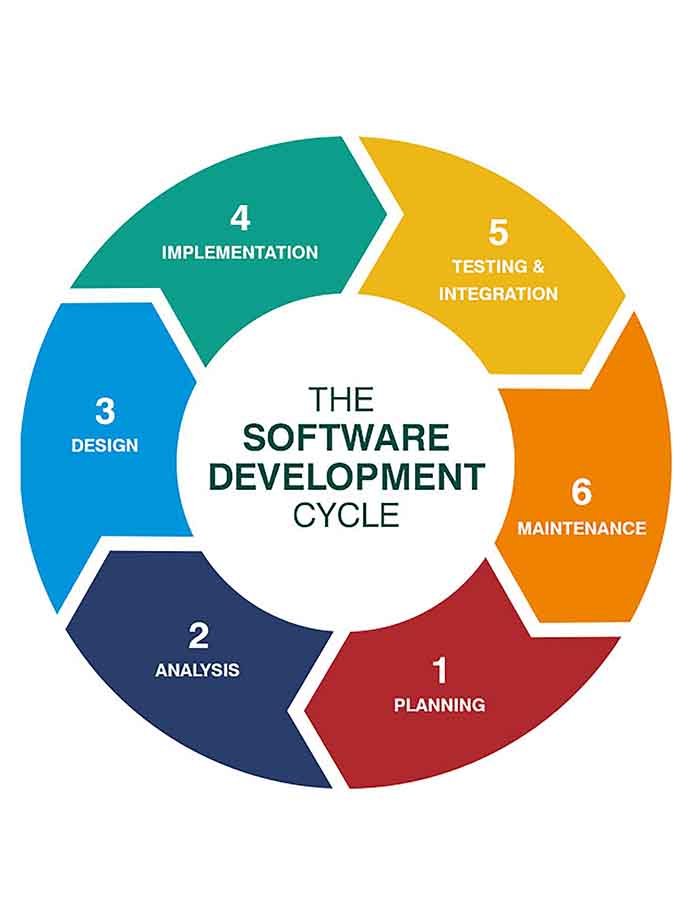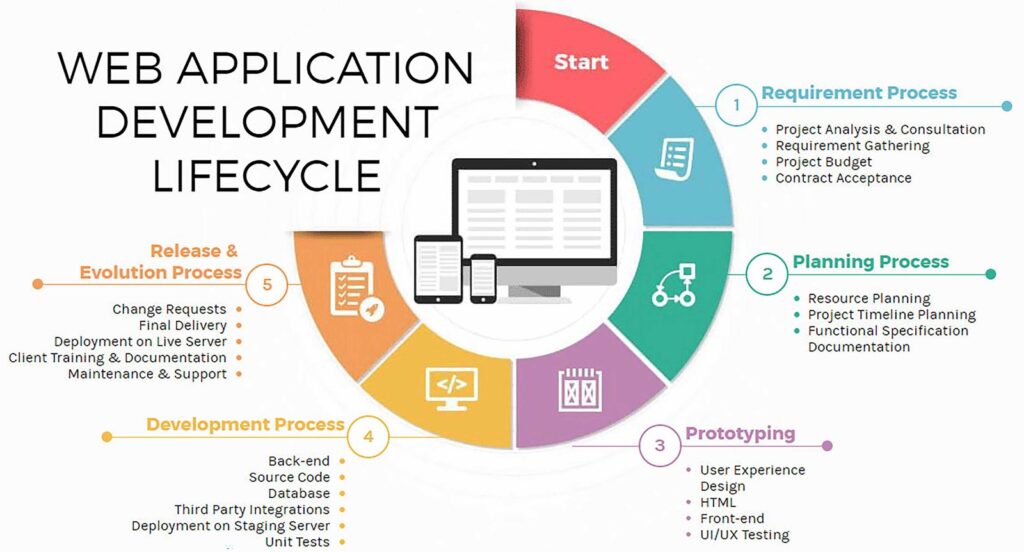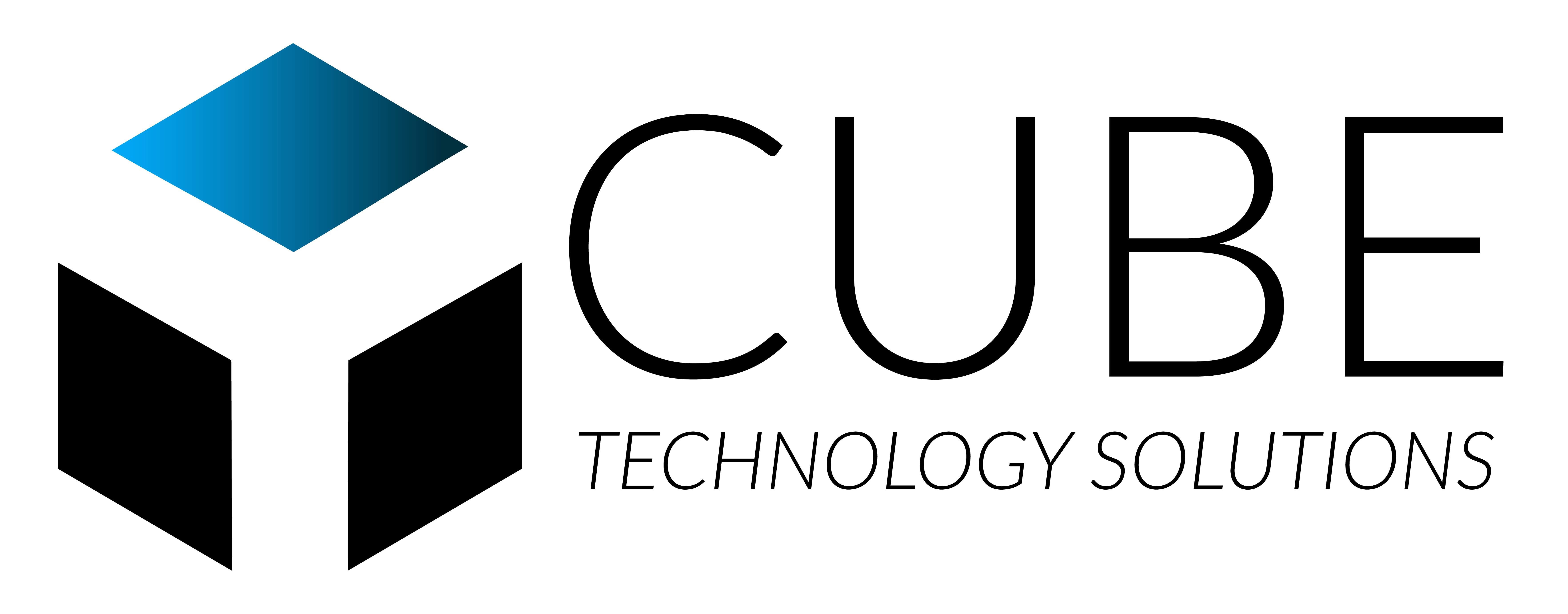
Software Development
Our Software support services include new product installation services, installation of product updates, migrations for major releases of software, other types of proactive or reactive on-site services, and support for custom application or infrastructure software.
Software products and technologies include commercial and custom operating systems, application software, and infrastructure software.
We also provide software development and the methodologies we use include Agile development, DevOps, Rapid Application Development (RAD), Scaled Agile Framework (SAFe), and Waterfall.
Benefits Benefits Benefits Of Custom Software Development
► Efficiency: Custom software is purpose-built to support processes swiftly and productively, without the need to tinker with or adjust COTS applications.
► Scalability: Custom software can grow as an organization or business grows and changes. Designers and developers can assess future needs as part of their requirements gathering. These factors can then be incorporated into the application, rather than incurring costs by purchasing additional licenses or subscriptions of packaged applications.
► Lower integration costs: One of the chief considerations of commercial software is: will it work with existing and legacy applications? If the answer is no, organizations face a further investment in getting commercial software to communicate and operate with their existing infrastructure. Custom software can be built to integrate with its intended environment.
► Profitability: It’s possible to make money with custom software development. Depending on the terms and conditions of the project, businesses that develop their own software may own the software and therefore be able to license or sell it to other organizations.
► Independence: The benefits of being free of a commercial software vendor cut both ways. On the plus side, organizations can avoid price hikes for licensing and support — and getting stuck maintaining packaged software should the vendor go out of business or terminate a product. On the negative side, the cost of supporting and maintaining custom software falls to the organization that created it or had it developed. How the equation works out requires each organization to look carefully at whether it’s better to build or buy.
Our Valuable Clients Clients
























































Web Development Lifecycle Lifecycle

Artificial Intelligence (AI) enables software to emulate human decision-making and learning. It can be applied to improve the development process. For example, natural language processing — the ability for computers and software to understand human language — can be used to analyze requirements text and suggest improvements based on best practices. AI technologies like machine learning and modeling can also be acquired and incorporated into applications through application programming interfaces (API) and services from the cloud.
Analytics technologies are helping software applications, and their users, make sense of a deluge of data through dashboards, visualizations and predictive capabilities. As with AI, cloud-based services and APIs make it relatively simple to incorporate analytics into applications.
Mobile application technology may simply be a must. Fifty-four percent of global executives believe that customer buying behavior is shifting from products and services to experiences. Many of these experiences occur through mobile software. Connecting mobile apps with data to improve and enrich user experiences is a key demand for developers.
Cloud-based development brings the advantages of cloud computing to software development by hosting development environments in the cloud. These environments support coding, design, integration, testing and other development functions to build both on-premises and cloud-native applications, and do so with the cost control, speed and on-demand convenience that the cloud promises.
Blockchain is a secure, digitally linked ledger that eliminates cost and vulnerability introduced by parties like banks, regulatory bodies and other intermediaries. Developers are using blockchain ledgers and open source Hyperledger technology to build new types of secure transactional and financial applications that can free capital and accelerate business processes.
Open source is software source code that is open to the public and the development community to use. Linux, for example, is an open source operating system. It can enhance development productivity through software component reuse and improve interoperability by avoiding proprietary architectures.
Our Presence Presence

Minnesota USA
Florida, USA
Toronto, Canada
Dubai, UAE
Whitby Porirua, New Zealand
Hyderabad, India
Monterrey, Mexico
Bogota, Colombia
Minnesota USA
Florida, USA
Toronto, Canada
Dubai, UAE
Whitby Porirua, New Zealand
Hyderabad, India
Monterrey, Mexico
Bogota, Colombia















